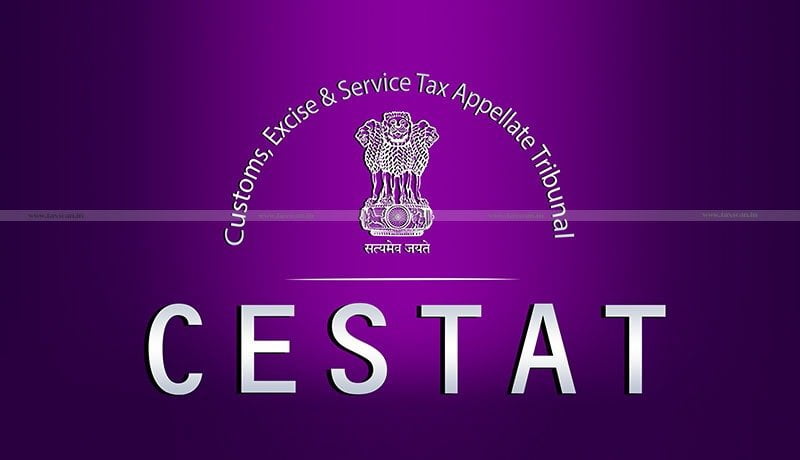Mala-fide intention or suppression of fact cannot be alleged when there is a dispute involving Interpretation of Law: CESTAT

The Customs, Excise, and Service Tax Appellate Tribunal (CESTAT), Ahmedabad Bench ruled that mala-fide intention or suppression of fact cannot be alleged when there is a dispute involving Interpretation of Law.
The appellants, Patel Labour Contractor P Ltd were engaged in supply of manpower to various industrial organizations as per the arrangements with the service recipients. The appellants would charge 10% of the actual wages to be paid to the workers so hired/supplied as their service charges. The appellants have recovered the wages/salary to be paid to the manpower supplied by them from the service recipient and paid to the manpower. The appellants have treated the wages/ salary as reimbursable expenses. The appellants have discharged the service tax on the 10% service charges.
A show cause notice dated May 19, 2011 was issued to the appellants demanding the service tax for the period 2005-06 to 2009-10 on the ground that the appellants were required to pay service tax on the gross value including the wages/salary paid to the manpower so supplied. The show cause notice calculated the demand of service tax including the wages/ salary paid to the man power so supplied.
The show cause notice also alleged suppression, wilful misstatement on the part of the appellants and invoked the extended period of limitation. After considering the reply filed by the appellant, the Learned Commissioner of Service Tax, Ahmedabad confirmed the demand of service tax as proposed in the show cause notice. Therefore, the present appeal filed by the appellant on the grounds of merit as well as on limitation.
The appellant submits that the salary/wages is clearly a reimbursable expense which was paid by the appellants to the respective man power and the same was not retained, therefore, the said amount is not liable to service tax. He submits that the appellant’s limited service provided to the service recipient is up to the procurement of labour, therefore, the provision of the service by the assessee to the companies ends on engagement of labour.
In the present case the salary/wages is not the service charges for the services provided by them, whereas the same is remuneration earned by the labourers by providing their service to the respective company. The service of appellant is limited to providing the man power to the company for which they are paid 10% commission which is the consideration against the service provided by the appellant, therefore, in terms of Section 67 also the entire amount i.e. Commission, Salary and Wages cannot be alleged as the gross value chargeable to service tax.
The coram of Ramesh Nair and Raju ruled that if on any issue there is a legal dispute which involved interpretation of law the mala-fide intention or suppression of fact with intent to evade payment of service tax cannot be attributed to the assessee. On this ground also the extended period of demand was not invokable.
“As per the facts in the present case the period of dispute i.e. 2005-06 to 2009-10 and show cause notice was issued on 19.05.2011. It is also observed that the appellant has filed their ST-3 return covering the period October 2009 to March 2009 on 27.04.2010. As per the aforesaid facts the entire demand is beyond the normal period and falling under the extended period of limitation. As per the above discussion and findings which is supported by the various judgments on limitation. The entire demand is time barred,” the CESTAT said.
To Read the full text of the Order CLICK HERE
Support our journalism by subscribing to Taxscan AdFree. We welcome your comments at info@taxscan.in


